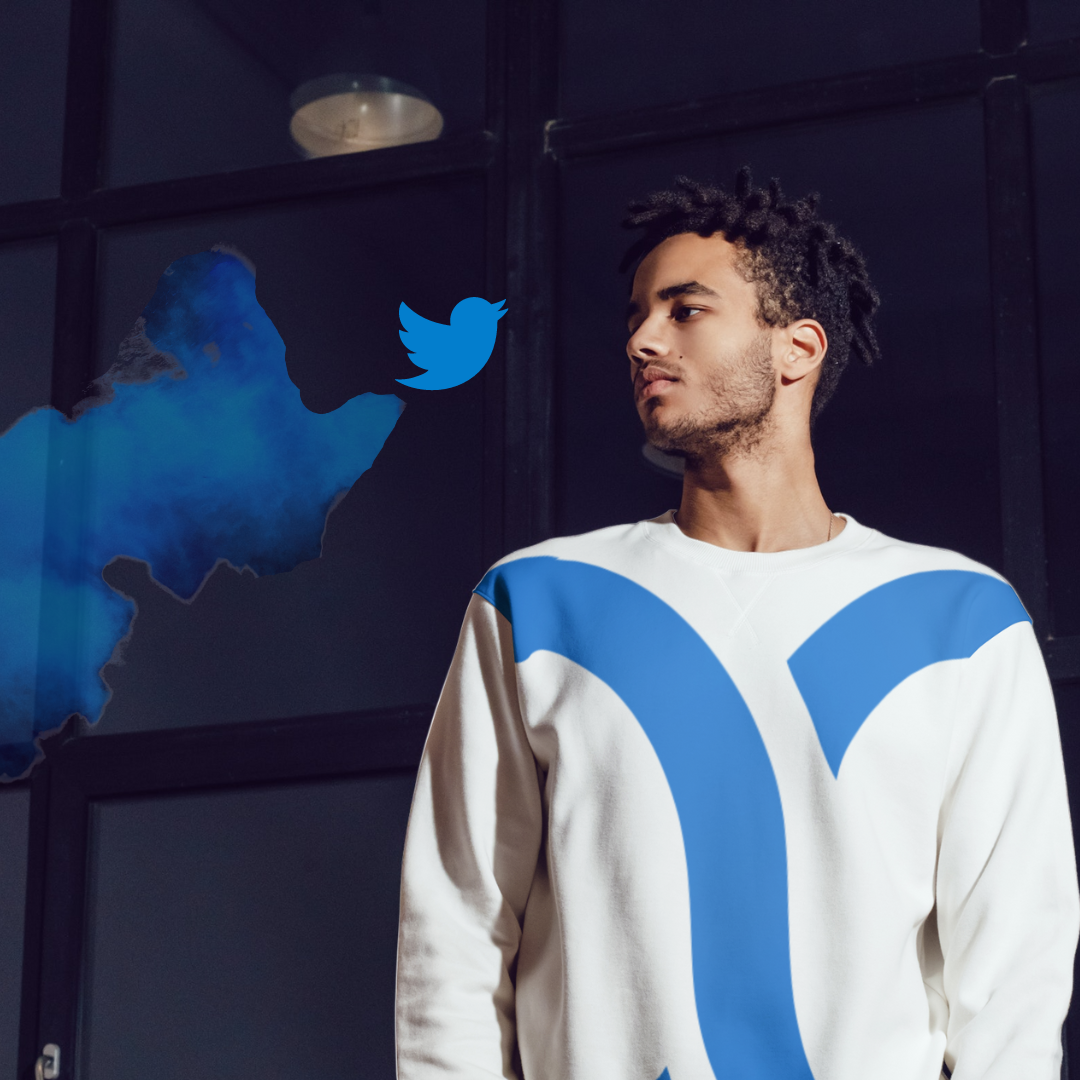It’s no secret that Twitter has serious problems with freedom of speech and censorship, but the problem has only gotten worse over time. The social network, which prides itself on being the free-speech wing of the free-speech party, has routinely censored posts that don’t match their own left-leaning standards, like those of actor James Woods, comedian Terrence K. Williams and infamous anonymous conservative blogger Milo Yiannopoulos—just to name a few.
The current state of free speech on Twitter
Twitter has always had a free speech problem. It can be quite toxic and people who say offensive or hurtful things will often go unchecked on the platform, even when they are reported. After all, it only takes one person to report a tweet for it to be reviewed by an actual human being. But now that so many more people are using the service, especially politicians and news organizations who have taken to using it as their main form of communication, these problems have only gotten worse. And he wasn’t alone: After Trump sent his tweets, there was a flurry of activity in his mentions including tweets criticizing him and others celebrating him.
The problems with Twitter’s current approach to free speech
Twitter has always had a problem with its stance on free speech. The platform claims to be the free speech wing of the free speech party and a place where all voices can be heard. But it hasn’t done a good job of policing harassment and hate speech, leading to a platform that feels hostile to those who are marginalized or underrepresented. And for some time, this system was working, users could generally trust their timeline to represent them well enough.
How Elon Musk’s new plan could make things worse
The tech world has been buzzing with the news that Elon Musk, CEO of Tesla and SpaceX, has proposed a way for individuals to have access to free speech on social media. In an interview with Recode, he said: I think the best thing would be just to allow more speech on all topics. But there are many reasons why this proposal is problematic. First, in his interview with Recode, Musk admits to not being a specialist in the field and says it’s something I would like to read about. Second, if social media companies let anyone say anything they want, they will essentially be powerless when it comes to policing trolls or abusive users who may target any person or group.
What needs to be done to fix the problem
Twitter has not taken any steps to address the problem of hate speech. In fact, they’ve arguably made it worse by suspending accounts that oppose hate speech and abuse, even when that abuse does not violate their rules. The only way for them to fix the problem is by establishing a set of clear guidelines for what constitutes hate speech. Furthermore, Twitter needs to ensure that people who report others for abuse are being dealt with correctly as well so as not to make matters worse themselves. Finally, we need to be careful about just how much responsibility we should be giving social media platforms such as Twitter in this situation because ultimately this isn’t their fault: the internet is just too big and the technology isn’t advanced enough yet for there to be an effective solution. All we can do is urge these companies to take action while knowing that they’re likely doing everything in their power already
I also think a lot of people don’t want to blame twitter because on one hand, you have users tweeting hate speech but on the other hand, you have your average user using twitter to speak out against hate speech. I’m guessing most people would prefer to have those latter users speak out against the former rather than risk silencing the free speech rights of everybody
Market based approach and scalability
Twitter has long been seen as the bastion of free speech on the internet. The company famously took a stand against censorship in countries like Turkey, where authoritarian leaders often crack down on dissenting voices. But that free speech legacy may be coming to an end.
The social network recently changed its terms of service so that it can automatically block tweets by specific words or phrases if there are enough reports from other users. As long as it’s confined, the issue is much smaller in terms of scale, and that would be pleasing to advertisers. where the actual revenue of the company depends upon as a business.
Submitted by Dr J Anand on 26.11.22
The views, thoughts, and opinions expressed in the text belong solely to the author, and not necessarily to the author’s organization, committee or other group or individual.

